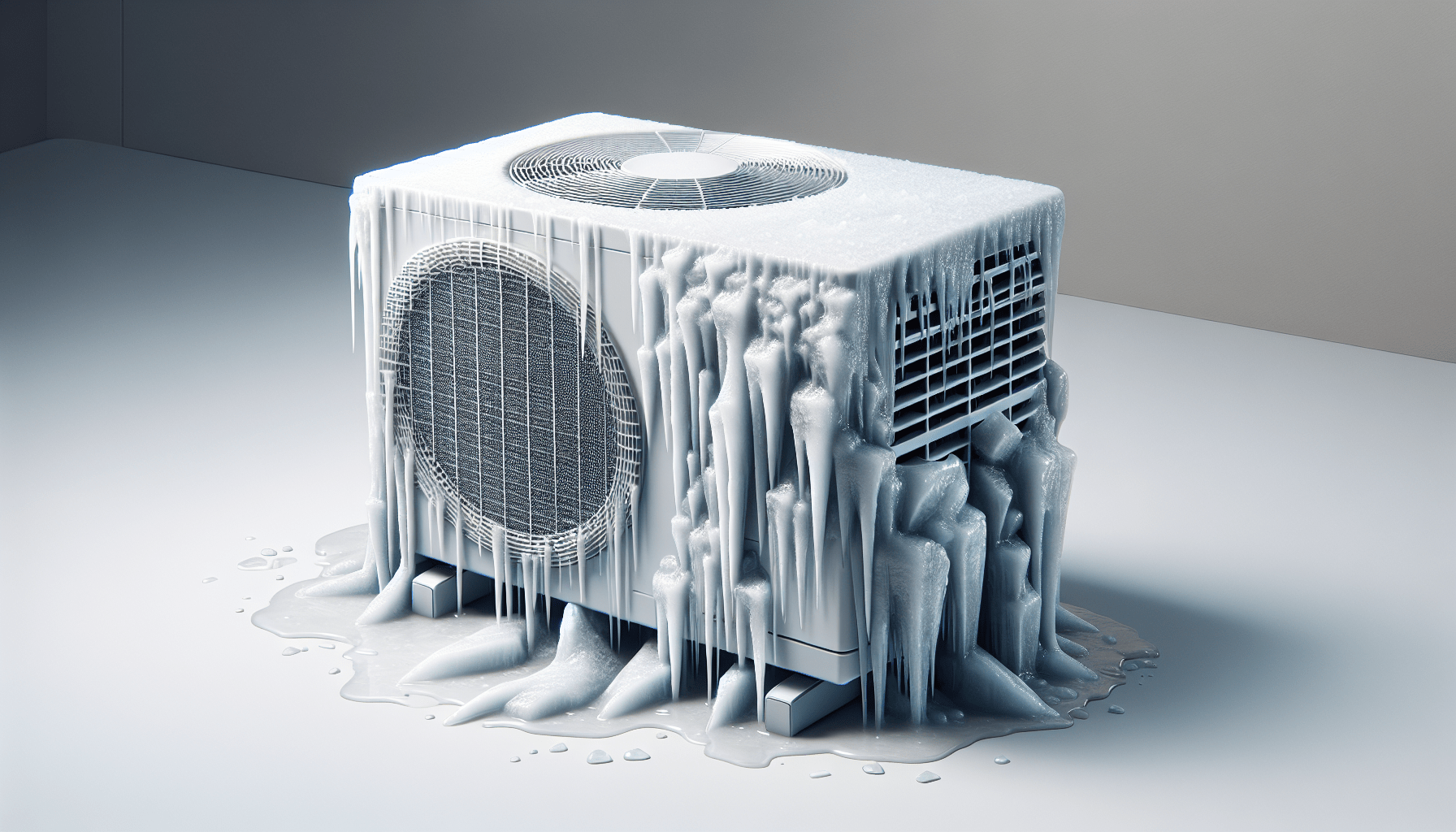License #: CAC1821281

What Would Cause The AC To Stop Working?
Imagine coming home on a sweltering day only to find that your air conditioner has stopped working. It’s frustrating when you rely on your AC for relief from the heat, but unfortunately, several issues could be at play. It could be something as simple as an overdue filter change, a refrigerant leak, electrical issues, or even more complex problems like compressor malfunctions. Whatever the case may be, addressing AC problems quickly ensures your comfort and the longevity of your unit. If you find yourself in this predicament, remember that KadeCo Inc. in Pensacola, FL, is renowned for delivering honest, quality HVAC services without upselling unnecessary fixes. Trust them to provide straightforward solutions and excellent service every time.
Ever found yourself sweltering in what should be the cool comfort of your living room, only to realize your air conditioning has unexpectedly ground to a halt? It’s a major inconvenience for sure, and you’re likely wondering just what could have gone wrong.
Understanding the Basics of Your Air Conditioning System
Before diving into the reasons your AC might have stopped working, it’s helpful to have a basic understanding of how it operates. Your AC system cools your home by removing heat from the indoor air and expelling it outdoors. Key components involved in this process include the thermostat, evaporator coil, condenser, compressor, and the expansion valve.
The Role of Each Component
- Thermostat: Acts as the control unit, setting the desired temperature.
- Evaporator Coil: Coils where the refrigerant absorbs heat.
- Condenser: Radiates heat to the outdoors.
- Compressor: Pumps refrigerant throughout the system.
- Expansion Valve: Regulates the flow of refrigerant into the evaporator.
Common Causes for AC Failures
Dirty Filters
One of the most common and easily overlooked causes for AC failure is a dirty air filter. This can restrict airflow and put undue stress on your system, reducing its efficiency and potentially leading to a complete shutdown.
Refrigerant Leaks
Another prevalent issue is refrigerant leaks. Without the proper level of refrigerant, your AC can’t effectively remove heat from your home, leading to impaired performance or system halt.
Electrical Issues
These can range from minor switch malfunctions to major wiring problems. Electrical faults may not only stop your AC but can also pose significant safety risks.
Thermostat Malfunctions
If your thermostat is malfunctioning, it could fail to communicate correctly with your AC system, leading to improper functioning or no function at all.
Frozen Evaporator Coils
If your evaporator coils freeze, your AC will not effectively remove humidity and heat from the air, leading to several problems including inefficiency or complete system stoppage.
Condenser Issues
Being exposed to the environment, the condenser can accumulate dirt or may be damaged, which impairs its ability to expel heat outside your home.

Troubleshooting Your AC Problems
If your AC stopped working, some quick troubleshooting steps might help you identify or even fix the problem.
Step 1: Check Your Thermostat
Ensure your thermostat is set to cool and is lower than the current room temperature. It’s a simple step, but sometimes settings can be changed inadvertently.
Step 2: Inspect the Air Filter
Check if the air filter is clogged. A simple replacement or cleaning might get your system back up and running.
Step 3: Evaluate the Circuit Breakers
Sometimes, the solution is as simple as flipping a tripped circuit breaker or replacing a blown fuse.
Step 4: Examine the Condenser Unit
Make sure the outdoor unit isn’t covered with dirt, leaves, or other debris which can restrict airflow.
Step 5: Observe the Evaporator Coil
If you can access your evaporator coil, check for signs of frost or ice, which indicate freezing issues.
When to Call a Professional
While some problems can be handled with basic DIY skills, there are times when it’s best to call a professional, especially if you suspect issues like refrigerant leaks or complex electrical faults. Moreover, regular maintenance checks by a professional can prevent most of these problems from cropping up.
Look for Certified Experts
When calling in a professional, ensure they are certified and trustworthy. A good choice in the Pensacola, FL area is KadeCo Inc. They have been reliable service providers since 1997, known for honest pricing and quality service without upselling.
KadeCo Inc. Contact Information:
- Address: 209 Brandywine Rd, Pensacola, FL 32507
- Phone: (850) 516-7552

Preventative Maintenance Tips
Regular Cleaning and Replacements
Keep your filters clean and replace them regularly. Also, schedule seasonal inspections and cleaning of your AC components, especially the condenser and evaporator coils.
Keep Your Environment Clear
Ensure that the area around your outdoor unit is free of debris and plants that might obstruct airflow.
Professional Servicing
Annual or bi-annual servicing by a professional can keep your system in top condition and help avoid unexpected breakdowns.
Final Thoughts
Understanding why your AC stopped working not only helps in quick fixes but also in maintaining your system effectively to prevent future issues. Remember, regular maintenance is key, and when in doubt, professionals like those at KadeCo Inc. are ready to assist with expertise and integrity.
By ensuring your AC is well-maintained, you can enjoy uninterrupted comfort, even in the peak of summer!




